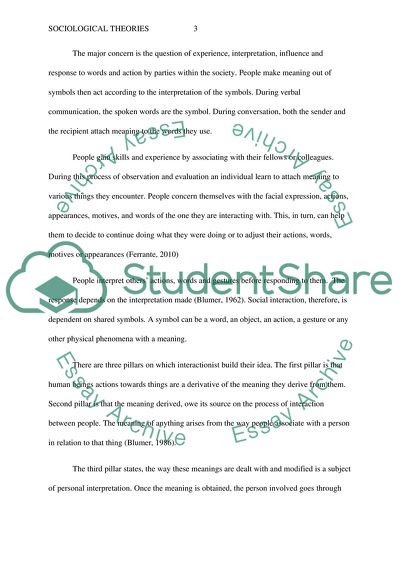Cite this document
(Sociological Theories, Functionalism, Conflict, and Interactionism Coursework - 1, n.d.)
Sociological Theories, Functionalism, Conflict, and Interactionism Coursework - 1. https://studentshare.org/sociology/1760517-sociological-theories-functionalism-conflict-and-interactionism
Sociological Theories, Functionalism, Conflict, and Interactionism Coursework - 1. https://studentshare.org/sociology/1760517-sociological-theories-functionalism-conflict-and-interactionism
(Sociological Theories, Functionalism, Conflict, and Interactionism Coursework - 1)
Sociological Theories, Functionalism, Conflict, and Interactionism Coursework - 1. https://studentshare.org/sociology/1760517-sociological-theories-functionalism-conflict-and-interactionism.
Sociological Theories, Functionalism, Conflict, and Interactionism Coursework - 1. https://studentshare.org/sociology/1760517-sociological-theories-functionalism-conflict-and-interactionism.
“Sociological Theories, Functionalism, Conflict, and Interactionism Coursework - 1”. https://studentshare.org/sociology/1760517-sociological-theories-functionalism-conflict-and-interactionism.


